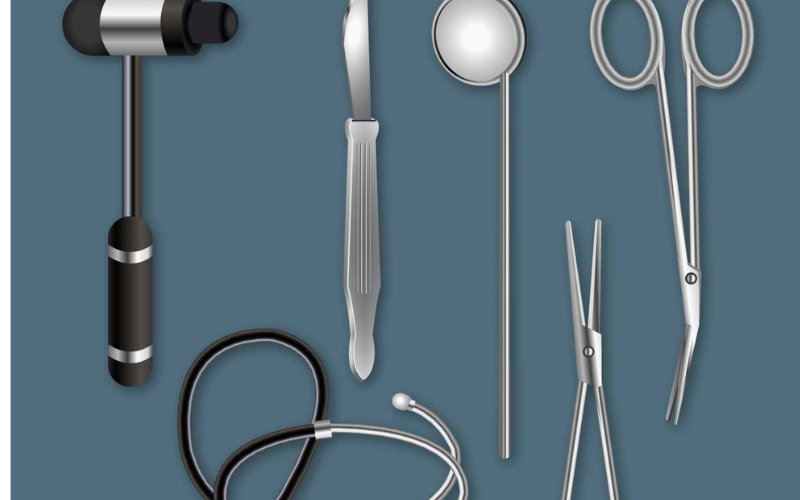Silicone is a remarkable material that has transformed the medical industry. It’s used in a vast array of medical devices, from catheters and tubing to implants and prosthetics.
But why is silicone so widely used in medical applications? In this article, we’ll explore the properties of silicone that make it ideal for such uses, the types of medical devices seals it’s used in, and the benefits it provides to both healthcare providers and patients.
What is Silicone?
Silicone is a synthetic polymer made up of silicon, oxygen, and other elements like carbon and hydrogen. It is known for being extremely flexible and resistant to temperature changes. These characteristics allow it to perform in a variety of environments, which is crucial for medical applications.
Key Properties of Silicone in Medical Applications
- Biocompatibility
One of the most important properties of silicone is its biocompatibility. This means it does not harm the body’s tissues and does not trigger significant immune responses. This property is crucial for materials that are implanted in the body or are in contact with body fluids.
- Flexibility and Durability
Silicone can withstand bending and manipulation without losing its shape or breaking. This flexibility combined with its strength makes it ideal for medical devices that require a durable, yet flexible material.
- Temperature Resistance
Silicone maintains its properties across a wide range of temperatures. This is important for sterilization processes, where high temperatures are used to ensure devices are free from bacteria and other pathogens.
- Chemical Stability
It does not react with most chemicals and does not degrade under exposure to various substances it might encounter in a medical setting.
- Low Toxicity and Minimal Allergenic Potential
Silicone is non-toxic and has a very low risk of causing allergic reactions, making it safe for long-term contact with human tissues.
Types of Medical Devices Made with Silicone
Silicone is versatile, which allows it to be used in a variety of medical devices. Here are some common uses:
- Catheters and Tubing: Silicone is used in catheters for its flexibility, which is essential for tubes that need to navigate the intricate environment of the human body.
- Implants: Silicone gel is often used in breast implants due to its soft, natural feel. Silicone is also used in other implants such as artificial joints and facial implants.
- Prosthetics: For prosthetic limbs, silicone provides a comfortable, skin-like texture that is durable and resilient.
- Surgical Instruments: Silicone can be molded into precise shapes for surgical instruments and is durable enough to withstand repeated sterilization.
Benefits of Using Silicone in Medical Devices
For Healthcare Providers:
- Durability: Silicone’s durability means devices last longer and need to be replaced less frequently.
- Sterilization: The ability to sterilize devices at high temperatures without degrading the material ensures patient safety.
For Patients:
- Comfort: Silicone’s flexibility and softness improve comfort, particularly in devices like prosthetics and catheters that are used directly on or in the body.
- Safety: The low toxicity and allergenic potential of silicone reduce the risk of adverse reactions, which is critical for patients with sensitivities.
Economic and Environmental Impact
While silicone is more expensive than some other plastics, its durability and safety features offset the initial cost through reduced replacement needs and lower risk of complications. Environmentally, while silicone is not biodegradable, its long service life and ability to be sterilized and reused make it a more sustainable option than single-use materials.
Conclusion
Silicone’s unique properties such as biocompatibility, flexibility, temperature resistance, and chemical stability make it an invaluable material in the medical field. From improving patient comfort and safety to providing durable and reliable medical tools for healthcare providers, silicone continues to play a crucial role in medical advancements. As technology progresses, the role of silicone in Medical devices seals is likely to grow, further enhancing the capabilities of medical treatments and interventions. Thank visiting logicallyblogs.com

